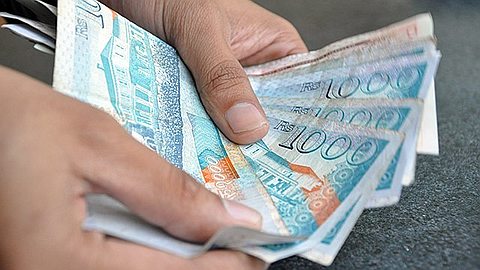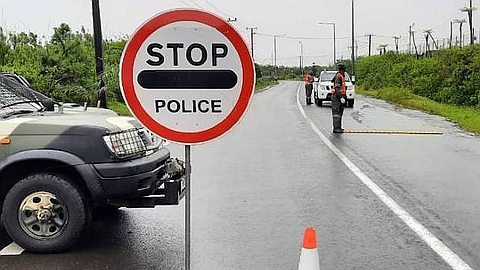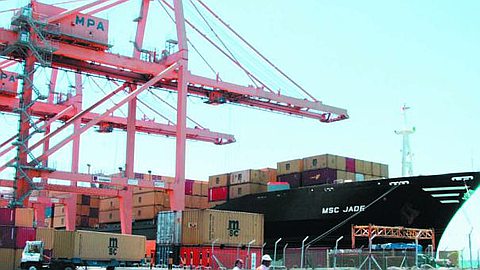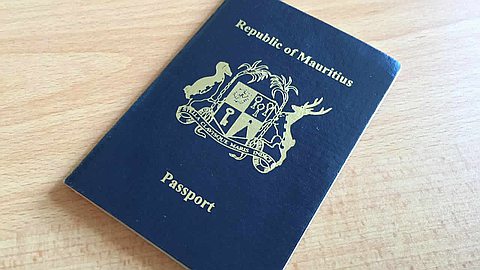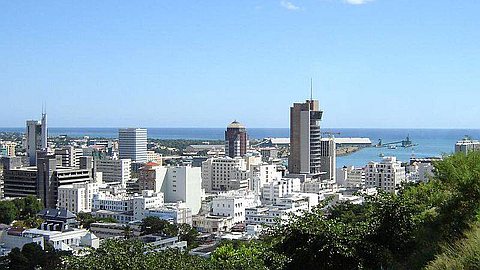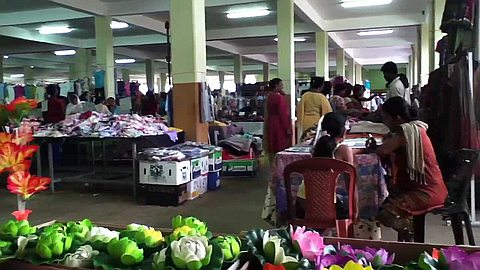Sleepy Island of Mauritius Waking Up Fast
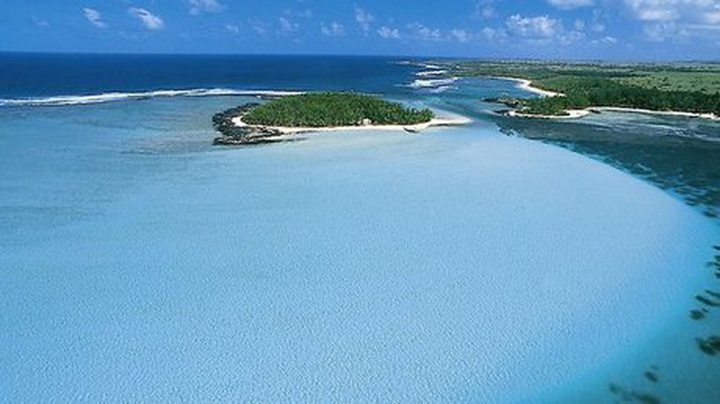
Vale Columbia Center at Columbia University recently published a study on Mauritian inward foreign direct investment that portrayed a diversified economy with an open-door policy. Foreign investment sat at $2.6bn (R24bn) in 2011, equivalent to 23% of real gross domestic product. Today, Mauritius is one of the most business-friendly economies in the Southern African Development Community.
The study showed that, with its good governance and competitive human capital, the Mauritian economy is not slowing down. The government continues to successfully promote investment and Asia and the Middle East have climbed on the bandwagon. Sixty percent of direct foreign investment comes from Europe, mostly from the UK and France.
With all this money flowing in, there are two important things to consider: first, an economy increasingly reliant on foreign investment can catch a cold when an economy elsewhere sneezes, although broadening diversification of investment sources can help.
The 2008 global financial crisis took its toll on Mauritius as multinationals scaled back on investment, but the country’s public sector upped its infrastructure spend during this period in preparation for better times. The second issue is that Mauritius is rather small. Real estate investments made up 38% of inward foreign direct investment in 2011 and construction 28%.
According to the Mauritian Board of Investment, residential property has seen internal return rates of up to 45%. Of foreigners buying property on the island, 30% are South African, 37% come from France and 20% from the UK.
Foreigners can buy Mauritian property through the integrated resort scheme, real estate scheme or invest hotel scheme. Most South Africans get in through the integrated resort scheme, which grants Mauritian residency for as long as one buys a qualifying property and hang on to it. Developments like these are often underpinned by hotels with luxury amenities.
Are these buyers wise or are they contributing to a bubble?
Jonathan Tagg, director of Pam Golding Properties Mauritius, said Mauritius’s residency options, attractive tax system and its being a fairly new destination had all contributed to the market’s resilience.
“The island only opened to foreign buyers in 2004, and until 2008 the market consisted only of property priced from $1m. With the government opening up a new property ownership vehicle and property becoming available from around $400,000, we saw a significant increase in sales for property between $400,000 and $1m.”
Limited scope for developments — and desirable locations — will ultimately play its role.
“The government only wants 3,500 properties to be developed, so there will be a shortage of stock over the next few years. Foreigners generally prefer the west coast and there is already a shortage of land there.
The government is cutting back on permits in these areas, but we’re also seeing a large inflow of buyers looking for a safe environment and a tax haven as conditions worsen in Europe,” said Mr Tagg.
He said the island was becoming a popular retirement destination with buyers attracted by low tax rates comparable to Singapore and Hong Kong, especially for permanent residents.
Mauritius’s cost of living is also similar to South Africa and foreigners there are mostly French or South African. New home owners therefore find an appealing community and social network.”
Although tourism dipped in 2012 to just less than a million visitors, an increase is expected in 2013. A new airport will open in July, flight volumes will increase and tourists from new markets such as Russia and China are expected to come.
